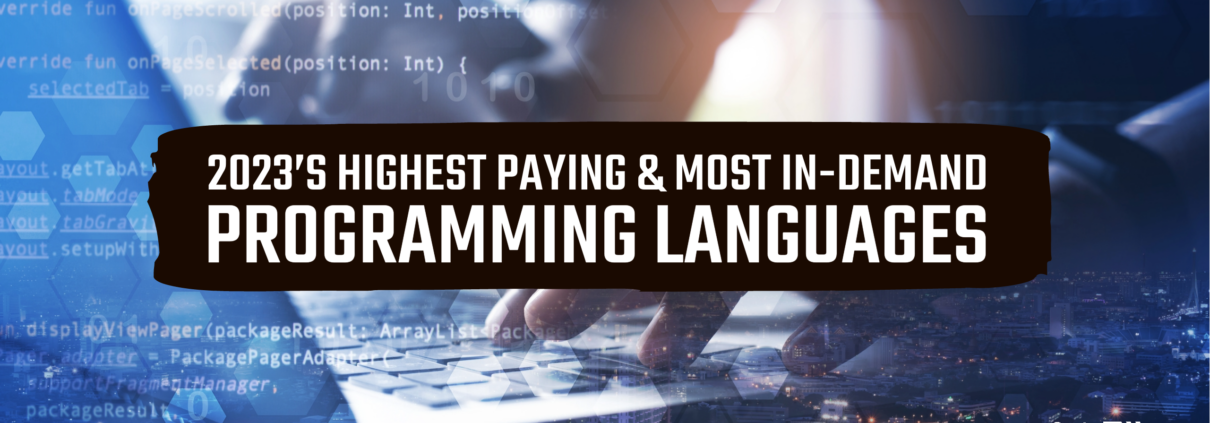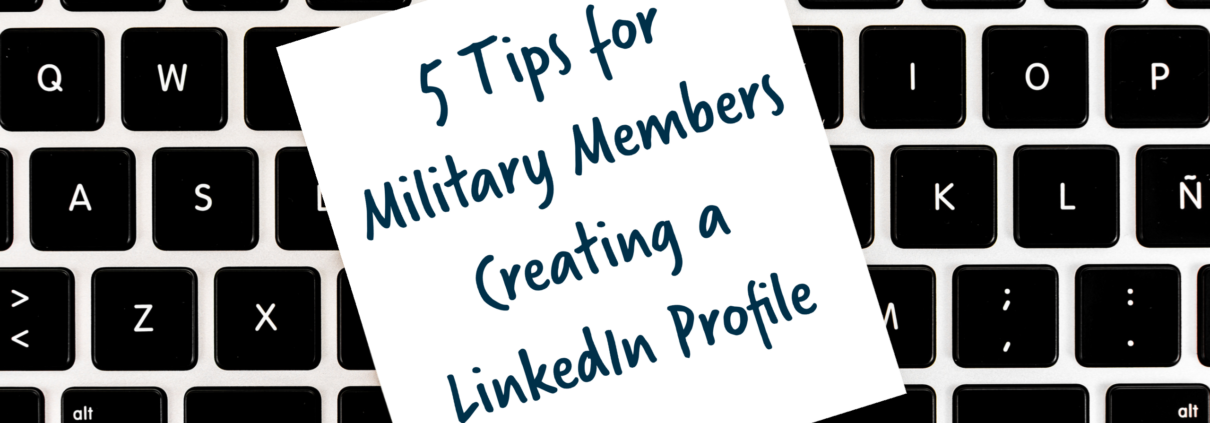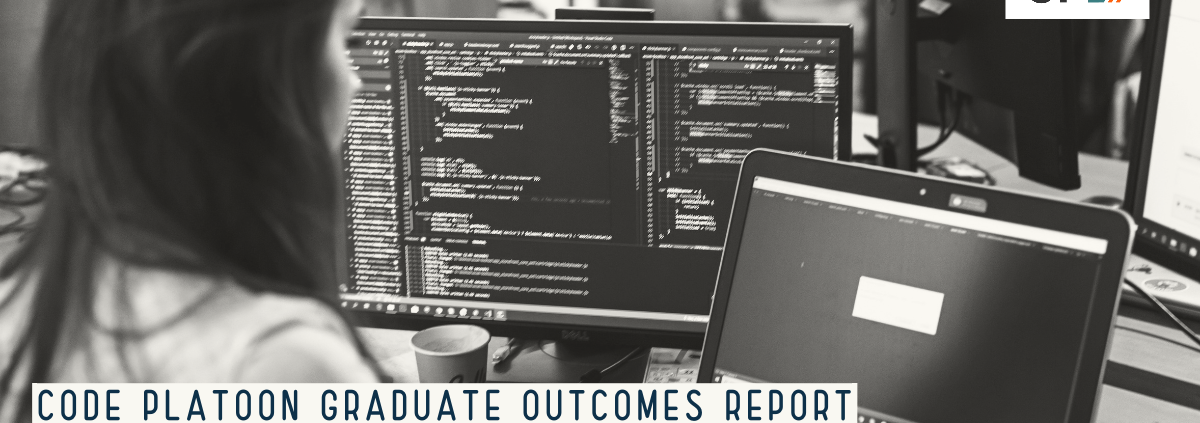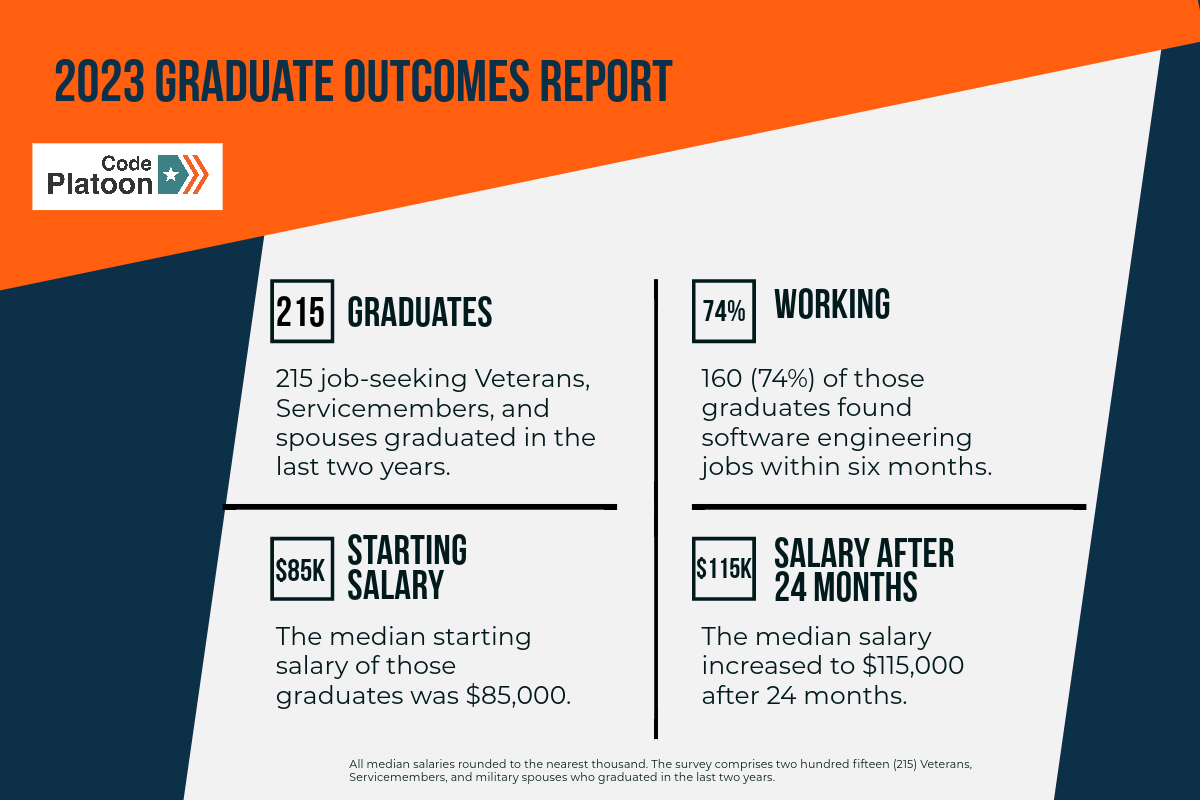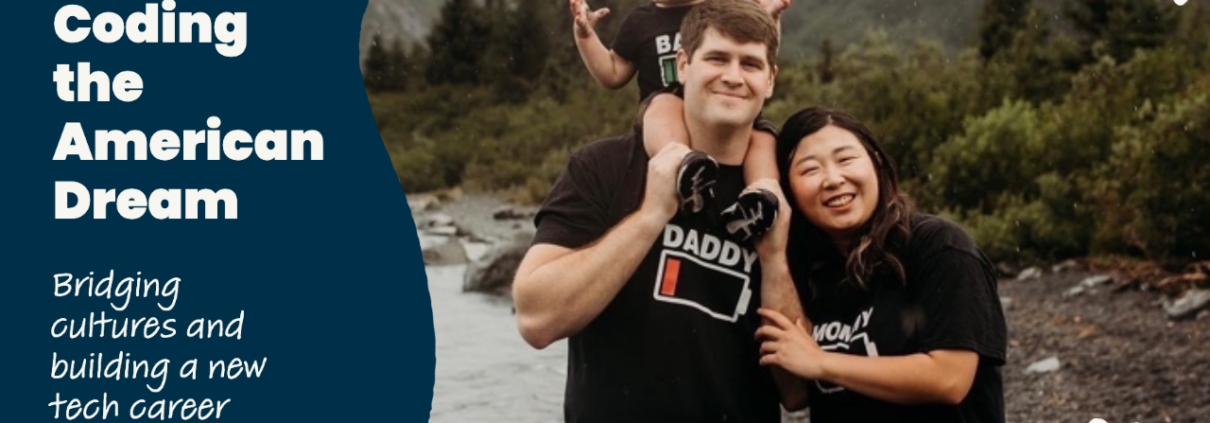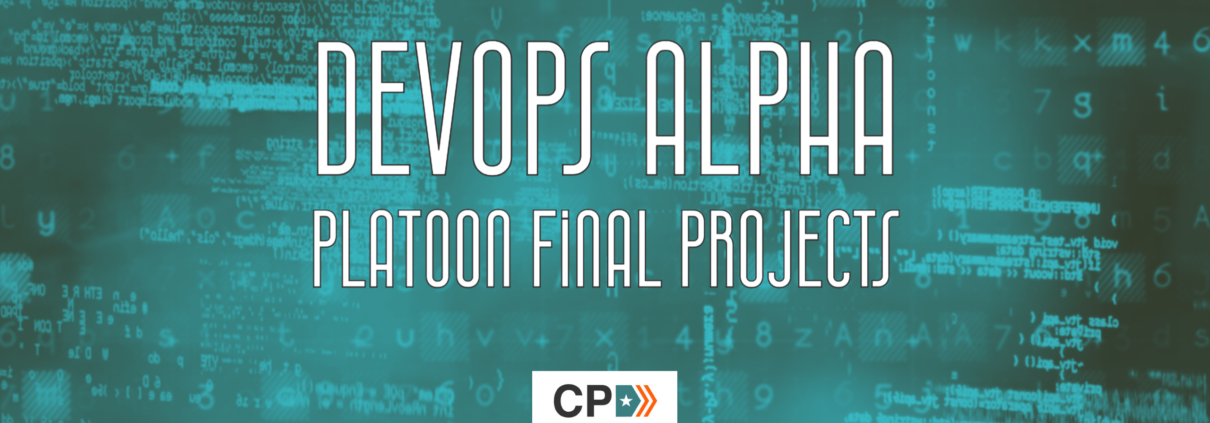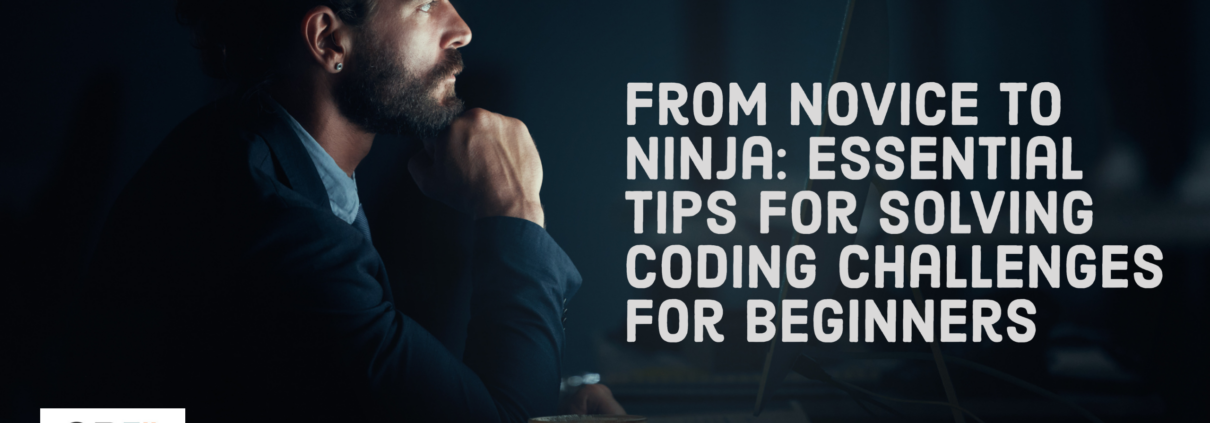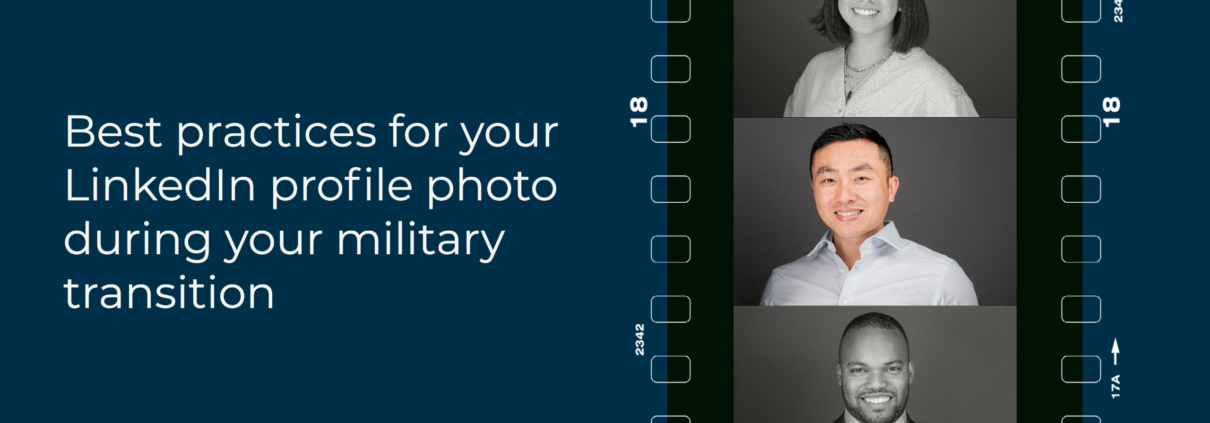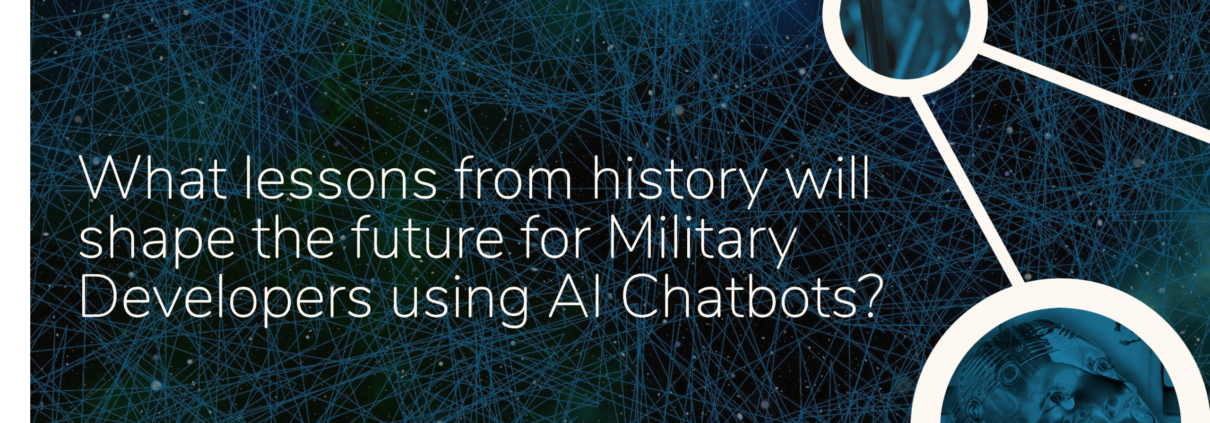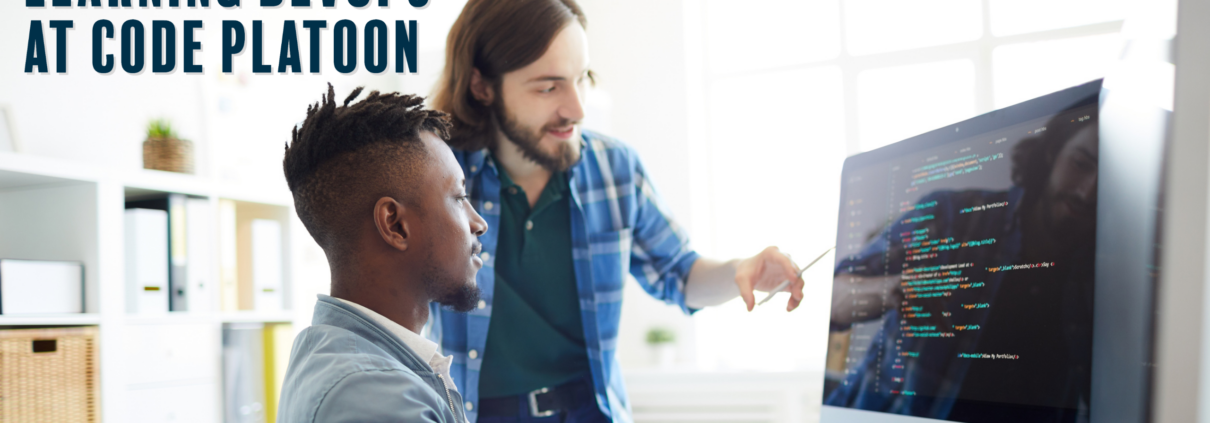The Highest Paying and Most In-Demand Programming Languages In 2023
Code Platoon keeps a close eye on the programming workforce to ensure that our Veteran, Servicemember, and military spouse Coding Bootcamp students receive the best training for their future careers in full-stack software engineering or DevOps engineering careers.
This article highlights the highest-paid and most in-demand programming languages for 2023. We’ve also analyzed the trends for 2022, 2021, and 2020 to provide a comprehensive overview of the shifting technical landscape.
The Best Programming Languages for Developers in 2023
Our research shows that Python and JavaScript developers continue to excel in 2023.
- Python emerges as #1 in job postings, closely followed by Java (#2) and JavaScript (#3).
- Python and JavaScript programmers also earn high salaries, ranking #3 and #4 in compensation.
- C# is the highest-paid programming language but has less demand than Python, JavaScript, and Java.
Methods for Identifying the Top Programming Languages
Code Platoon first examined the eight most popular coding languages according to Stack Overflow’s Developer Survey:
- We mapped the highest paying programming languages with compensation data from the survey and Indeed, one of the largest job listing sites.
- We measured demand by tracking the number of job postings targeting the survey’s most popular programming languages.
Programming Languages in 2023 by Job Openings and Salary
Python claimed #1 in the Job Postings category and #3 in Average Salary. Python is an interpreted, multi-purpose coding language. It excels in the areas of data science tools, AI and machine learning, cybersecurity, and DevOps engineering.
JavaScript secured #3 in Job Postings and #4 in Average Salary. JavaScript is the backbone of web application development and remains popular with employers.
Java ranked #2 in Job Postings and #5 in Average Salary. Java remains integral to large-scale, legacy business applications and Android development.
C# climbed to #4 in Job Postings and #1 in Average Salary. C# is most known for powering the Unity gaming engine.
C++ fell to #6 in Job Postings but remained highly paid at #2 in Average Salary. C++’s quick speed and high stability make it a good tool for developing high-performance applications, but it’s a difficult programming language to master.
C held #5 in Job Postings and #6 in Average Salary. C is an older–but still widely used–programming language. C exposes concepts hidden in scripting languages like Python and Java, offering more flexibility. Its complexity makes C challenging to adopt.
PHP took #7 in Job Postings and Average Salary. PHP continues to have a loyal user base, particularly in powering WordPress platforms.
SQL (or Structured Query Language) was #8 in Average Salary and Job Postings. SQL is a query language that extracts information from databases.
Predicting the Best Programming Languages for 2024
Forecasting the future demand for programming languages is challenging. The supply of qualified applicants and evolving industry needs affect the number of open positions. Yet we anticipate the following trends:
- Python will keep growing as companies continue to adopt AI and LLM tools like ChatGPT, data analytics tools, and infrastructure software development. Python shines in all these areas.
- JavaScript will continue to be the backbone of the web. It’ll likely remain essential for web development.
- Java developers will stay in demand for DevOps engineering and large-scale business operations.
For more information on programming language trends and their popularity in the workforce, consult the TIOBE Index and Stack Overflow reports. These sources consider industry demand and incorporate complementary approaches to determining the highest-paying and most in-demand programming languages.
Rod Levy is the Founder and Executive Director of Code Platoon. He holds undergraduate and Master’s degrees in engineering from Cornell University and an MBA from The University of Chicago Booth School of Business, where he graduated with honors. Rod has completed Dev Bootcamp’s web developer program.

